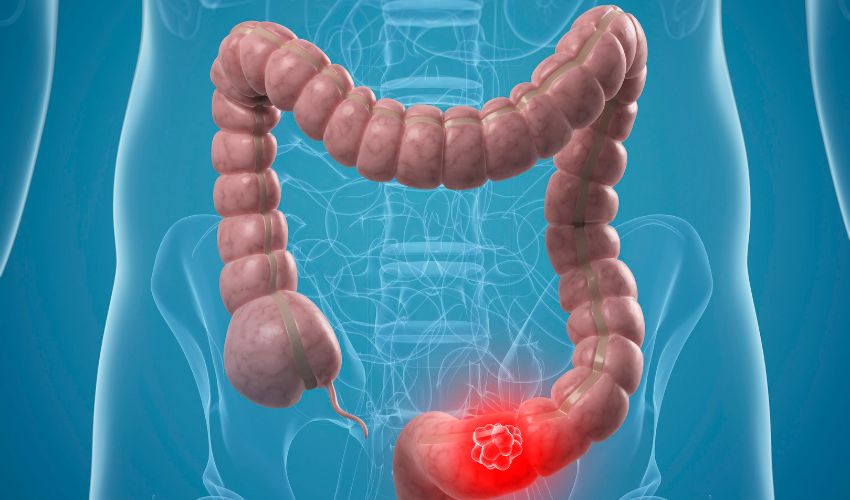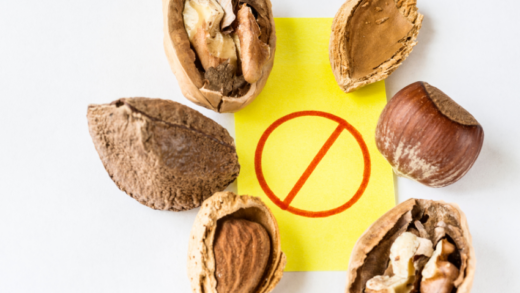Colon cancer is one of the most common types of cancer that affects people worldwide. It starts in the colon, which is the large intestine, and can spread to other parts of the body if left untreated. This article aims to provide an in-depth understanding of colon cancer, including its causes, symptoms, diagnosis, treatment, and prevention.
Causes of Colon Cancer:
The exact cause of colon cancer is still unknown, but certain risk factors can increase the chances of developing this cancer. These include:
- Age: People over the age of 50 are more likely to develop colon cancer.
- Family history: People with a family history of colon cancer are at a higher risk of developing this cancer.
- Genetics: Some gene mutations can increase the risk of colon cancer.
- Lifestyle factors: A sedentary lifestyle, a diet high in red and processed meat, smoking, and heavy alcohol consumption can increase the risk of colon cancer.
Symptoms of Colon Cancer:
Colon cancer may not always show symptoms in its early stages, but as it progresses, the following symptoms may appear:
- Abdominal pain and cramps
- Blood in the stool
- Changes in bowel habits, such as diarrhea or constipation
- Unexplained weight loss
- Fatigue
- Iron-deficiency anemia
Diagnosis of Colon Cancer:
If you experience any of the above symptoms, your doctor may recommend some tests to diagnose colon cancer, including:
- Colonoscopy: A procedure in which a flexible tube with a camera is inserted into the colon to check for polyps or abnormal growths.
- Biopsy: If any abnormal growths are found during the colonoscopy, a small tissue sample may be taken for further testing.
- Blood tests: Some blood tests can detect certain substances in the blood that may indicate colon cancer.
Treatment of Colon Cancer:
The treatment of colon cancer depends on the stage and location of the cancer. The following are some common treatments for colon cancer:
- Surgery: Surgery is the most common treatment for colon cancer, and it involves removing the affected part of the colon.
- Chemotherapy: Chemotherapy involves using drugs to kill cancer cells and prevent them from spreading.
- Radiation therapy: Radiation therapy uses high-energy radiation to kill cancer cells.

Prevention of Colon Cancer:
There are several things you can do to lower your risk of developing colon cancer, including:
- Eating a healthy diet rich in fruits, vegetables, and whole grains.
- Avoiding a diet high in red and processed meat.
- Exercising regularly.
- Maintaining a healthy weight.
- Not smoking and avoiding heavy alcohol consumption.
FAQs:
Can colon cancer be prevented?
Yes, colon cancer can be prevented by adopting a healthy lifestyle, such as eating a healthy diet, exercising regularly, and avoiding smoking and heavy alcohol consumption.
Is colon cancer curable?
Yes, colon cancer is treatable and curable, especially if detected early.
Who is at risk of developing colon cancer?
People over the age of 50, those with a family history of colon cancer, and those with certain gene mutations are at a higher risk of developing colon cancer.
What are the symptoms of colon cancer?
The symptoms of colon cancer include abdominal pain, blood in the stool, changes in bowel habits, unexplained weight loss, fatigue, and iron-deficiency anemia.
How is colon cancer diagnosed?
Colon cancer is diagnosed through tests such as colonoscopy, biopsy, and blood tests.

Conclusion:
Colon cancer is a serious disease that affects many people worldwide. However, by adopting a healthy lifestyle and being aware of the risk factors and symptoms of colon cancer, you can reduce your chances of developing this disease. If you experience any symptoms of colon cancer, it’s important to see your doctor as soon as possible for diagnosis and treatment. Remember, early detection is key in the successful treatment of colon cancer. So, take care of your health and stay informed about colon cancer to protect yourself and your loved ones.






















